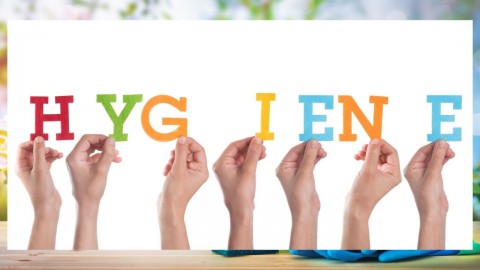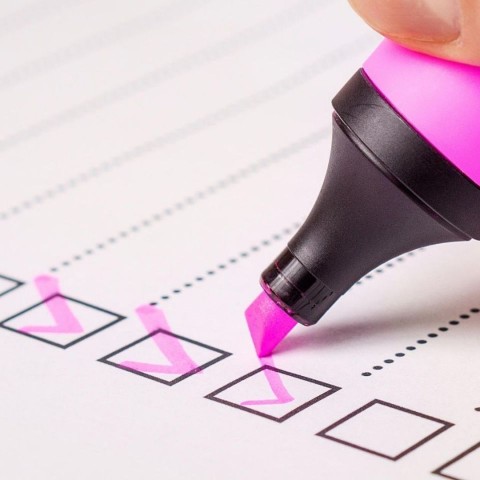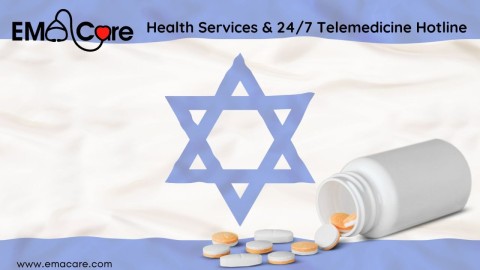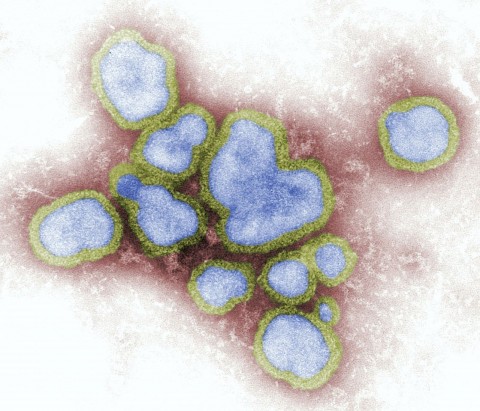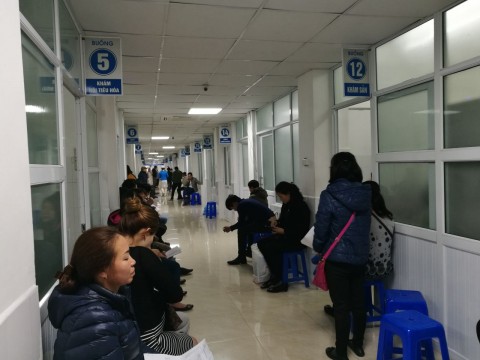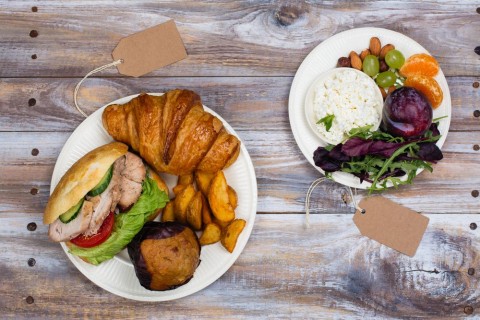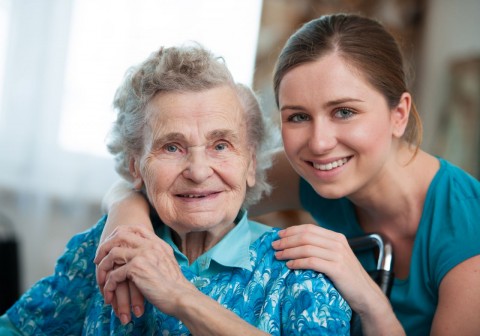Encouraging Personal Hygiene Among Children
This week we celebrate national hygiene week! Personal hygiene is how you take care of your body, it includes certain habits like brushing your teeth, washing your hands, and bathing regularly. These habits limit your chances of developing an illness.
Every day people encounter many microscopic germs, bacteria, and viruses. This year, awareness of personal hygiene has increased because of the COVID-19 pandemic. People have been wearing protective equipment such as masks, gloves, and face shields. This equipment reduces one's exposure to germs and viruses but not eliminate the risk. Additionally, children under the age of 7 are not required to wear masks. It is still crucial to continue to highlight the importance of personal hygiene, especially among children.
The basics of personal hygiene
- Washing your hands – every child is taught that they need to wash their hand after using the bathroom. Most children wash their hands, while others don't. This might be due to the lack of knowledge about the importance of hygiene. Most children don't understand what personal hygiene is and why it is essential, parents can explain why it's vital in ways that their children will understand. You might want to explain to them about germs and what they do as well as explain that while a bathroom is clean there are still microscopic germs present and require good personal hygiene after using a bathroom.
Washing your hands before you eat is also a great way to encourage personal hygiene and avoid exposure to germs. Kids often touch many things covered in germs (the playground, dirt, animals, etc.). If your child then eats food they are potentially exposing germs to their mouth increasing their chances to develop illnesses. Therefore, it is important to encourage children to wash their hands also before they eat.
- Bathing regularly – Showering or bathing with soap and shampoo regularly helps rinse away dead skin cells, bacteria, and oils that form on your skin daily. Not only is this good for your body, but it also makes you feel refreshed!
Kids in kindergarten get more attention from their caregivers and are more pleasant to interact with when they have good personal hygiene. This provides them with more personal interaction, which is good for their development. It is important to make sure to clean your children regularly.
- Brushing your teeth – Taking care of your teeth is a fundamental hygienic habit. Brushing your teeth eliminates plaque that builds up, removes bacteria, and lowers the chances of developing cavities. Cavities are painful and can cause infections that may lead to problems with speaking and eating. According to the CDC, children who have cavities miss more school and have lower grades than kids who don't have cavities. The good news is that cavities are preventable! So, encourage your children to brush their teeth twice a day! Children under 6 should be supervised when brushing their teeth.
- Clean underneath your nails – as we said before, children touch many things that contain germs (playdough, dirt, and sand). These substances can get stuck underneath fingers and toenails. Children tend to put their hands in their mouths before eating or just randomly. If their nails are not clean – they might be exposed to germs and bacteria that may lead to disease. It is important to clean underneath your child's nails. You may also want to keep their nails on the shorter side until they can clean their nails properly.

- Sickness hygiene – sickness hygiene can help prevent others from getting sick. This includes – covering your mouth correctly (into the elbow or shoulder) when you cough and sneeze, not sharing food or drinks, and washing your hands often. During the pandemic, children were taught in school and by their parents how to cough correctly to prevent the spread of potential germs. This can significantly decrease the risk to others. So, make sure to teach your child proper sickness hygiene.
When you subscribe to the blog, we will send you an e-mail when there are new updates on the site so you wouldn't miss them.

